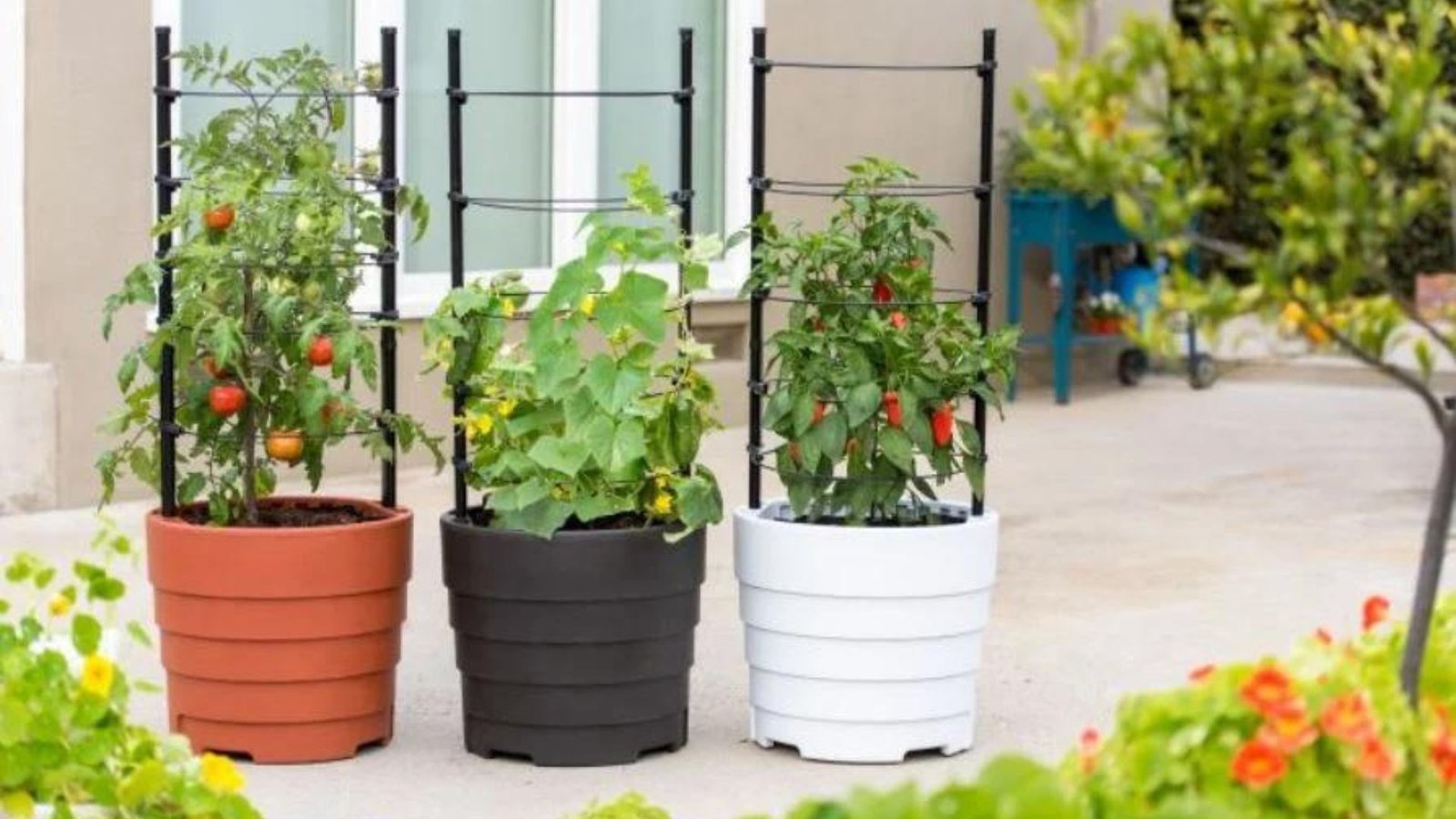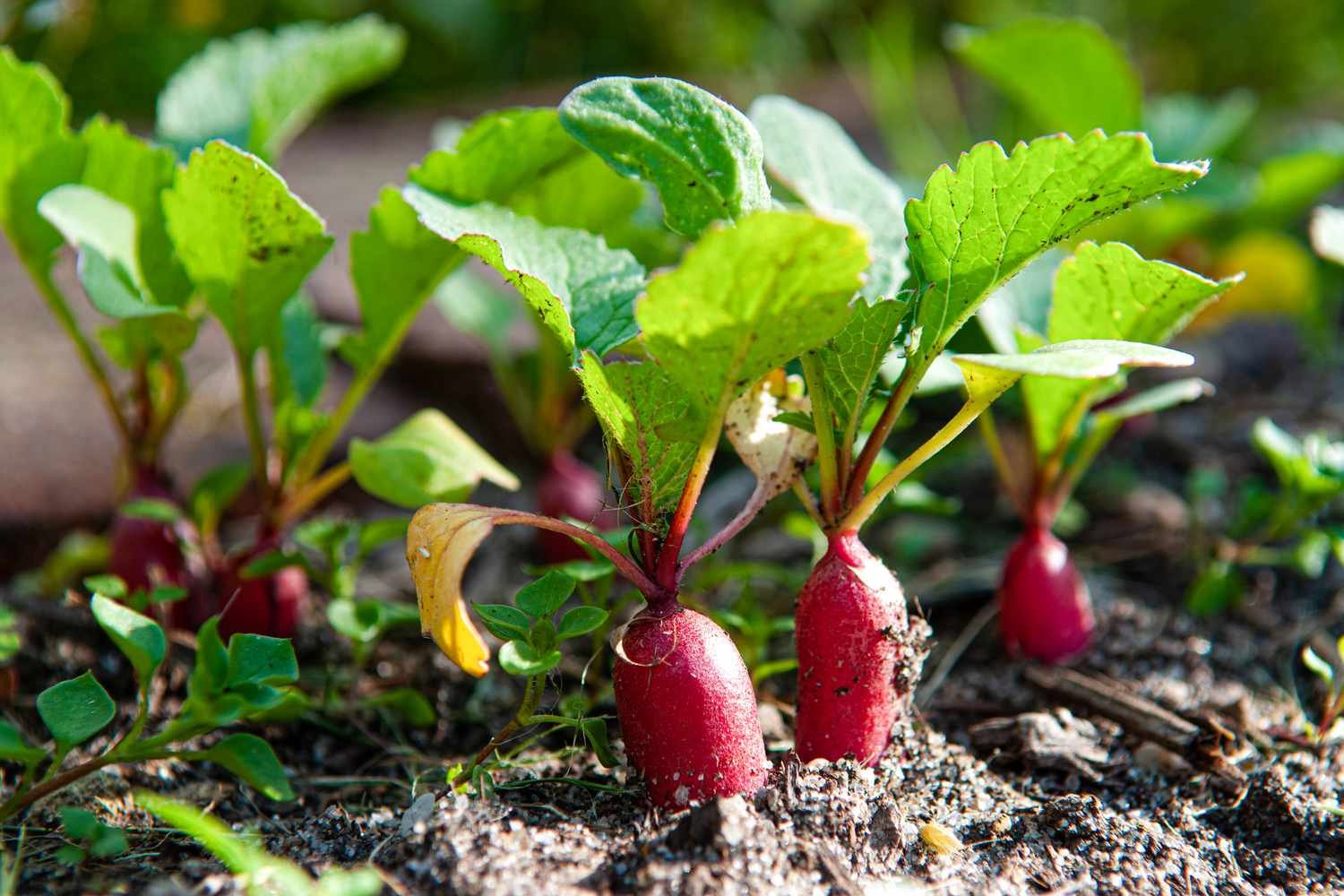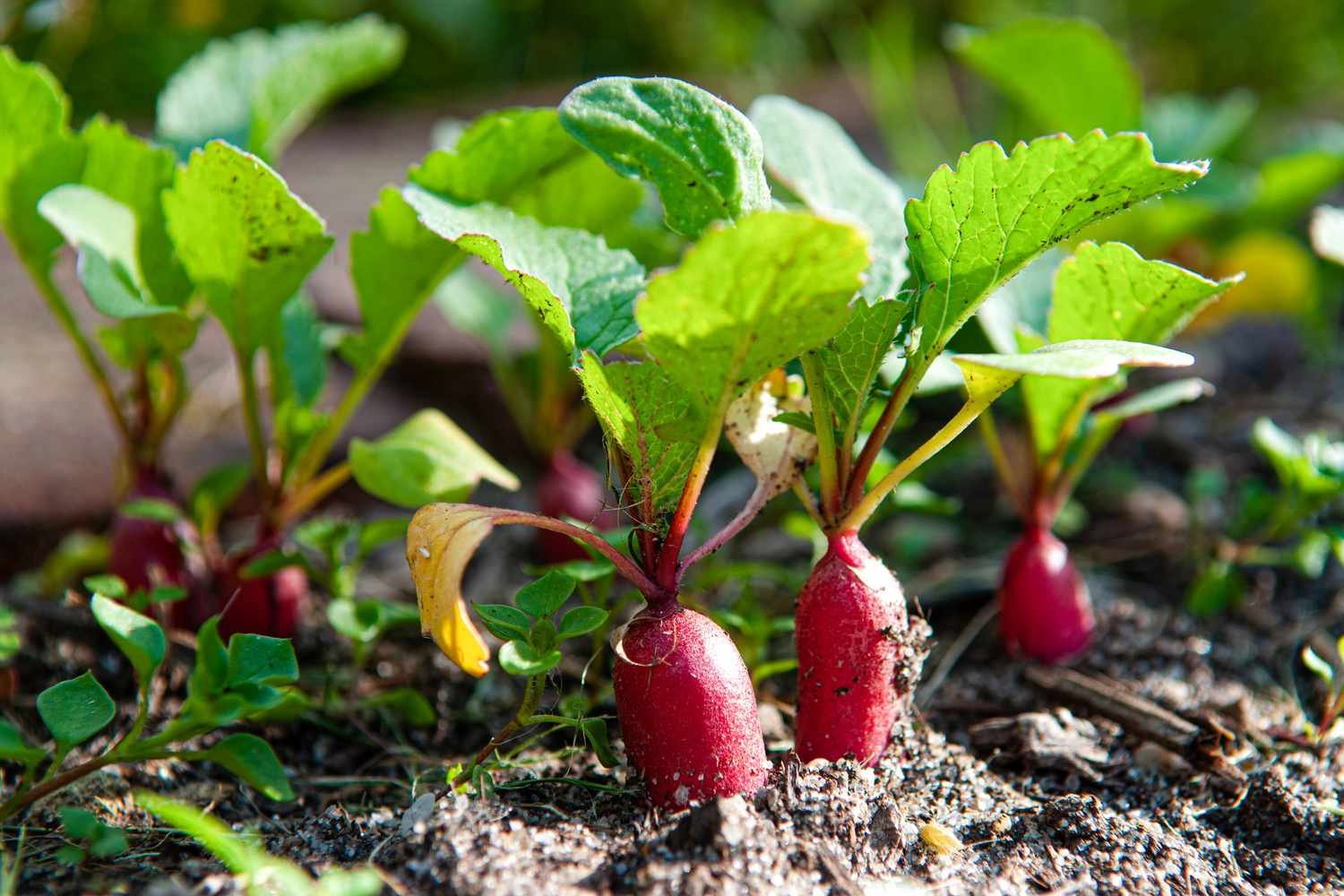Gardening in small spaces doesn’t mean you have to compromise on growing your own fresh vegetables. With a bit of creativity and smart planning, you can cultivate a bountiful garden, even in the smallest of areas. Here are the best vegetables to grow in compact spaces and tips to maximize your harvest.

Cherry Tomatoes
Cherry tomatoes are perfect for small spaces. They are compact, produce abundantly, and can be grown in containers or hanging baskets.
Growing Tips
- Containers: Use a container at least 12 inches deep.
- Support: Provide a small trellis or stakes for support.
- Sunlight: Ensure they get at least 6-8 hours of sunlight daily.
Lettuce
Lettuce grows quickly and doesn’t require much space. You can harvest the outer leaves as needed, allowing the plant to keep producing.
Growing Tips
- Containers: Shallow containers work well for lettuce.
- Spacing: Plant seeds or seedlings close together.
- Watering: Keep the soil consistently moist but not waterlogged.
Radishes
Radishes are fast-growing and take up very little space. They are a great choice for beginners and can be harvested in just a few weeks.
Growing Tips
- Containers: Use containers that are 6-8 inches deep.
- Sunlight: Ensure they receive at least 6 hours of sunlight daily.
- Spacing: Plant seeds about an inch apart.
Spinach
Spinach is a versatile leafy green that thrives in small spaces. It can be grown in containers or window boxes.
Growing Tips
- Containers: Use containers that are 6-8 inches deep.
- Watering: Keep the soil moist but ensure good drainage.
- Harvesting: Pick the outer leaves regularly to encourage new growth.
Carrots
Carrots can be grown in small spaces if you choose the right variety. Look for shorter varieties that don’t need deep soil.
Growing Tips
- Containers: Use containers that are at least 12 inches deep.
- Spacing: Thin seedlings to ensure enough space for roots to develop.
- Soil: Use loose, well-draining soil to allow roots to grow straight.
Herbs
Herbs like basil, parsley, and chives are excellent for small spaces. They can be grown in pots on windowsills, balconies, or even indoors.
Growing Tips
- Containers: Small pots or herb planters work well.
- Sunlight: Ensure they receive at least 6 hours of sunlight daily.
- Watering: Keep the soil moist but avoid overwatering.
Peppers
Peppers, including bell peppers and hot varieties, can thrive in containers and small garden plots.
Growing Tips
- Containers: Use pots that are at least 12 inches deep.
- Support: Provide stakes or small cages for support.
- Sunlight: Ensure they get plenty of sunlight, ideally 6-8 hours a day.
Green Beans
Green beans can be grown in small spaces using bush varieties or climbing types with vertical support.
Growing Tips
- Containers: Use containers that are at least 8-10 inches deep.
- Support: If growing climbing varieties, provide a trellis or stakes.
- Sunlight: Ensure they receive full sunlight for best growth.
Cucumbers
Cucumbers can be grown in small spaces if you choose bush varieties or use vertical gardening techniques.
Growing Tips
- Containers: Use containers that are at least 12 inches deep.
- Support: Train climbing varieties on trellises or cages.
- Watering: Keep the soil consistently moist.
Conclusion
Even with limited space, you can grow a variety of vegetables and enjoy fresh, homegrown produce. By choosing compact or vertical-growing plants and using containers creatively, you can maximize your garden’s potential. Happy gardening!










